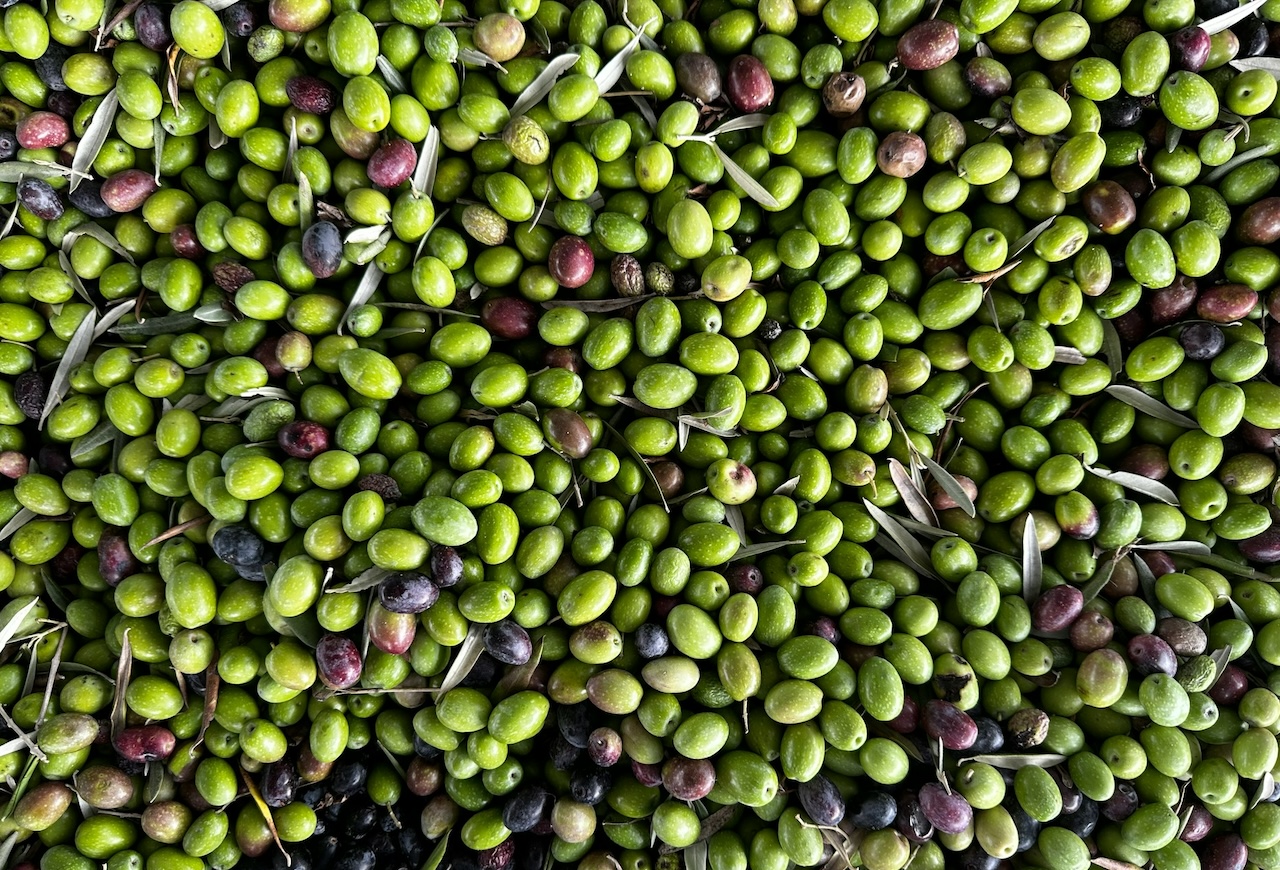The Impact Bridge Sustainable AgriFood Fund has raised over €130m to invest into Spanish agrifood SMEs, with the aim to support rural development and the inclusion of vulnerable groups, adapt to climate change and preserve biodiversity.

The Impact Bridge Sustainable AgriFood Fund has been launched with commitments of €130m to support Spanish agrifood SMEs in their growth and transition towards more sustainable business models.
Anchor investors in the fund include the Centro para el Desarrollo Tecnológico y la Innovación, Spain’s centre for technology and innovation development, which is investing €73.5m through its Innvierte Economía Sostenible programme, the European Investment Fund, which has committed €30m, and CaixaBank, which has invested €10m. Tikehau Capital has also committed €5m.
Other smaller investors include the Daniel and Nina Carasso Foundation and family offices specialised in the agrifood sector, including Blanca Hernández, Dadelos and Iberhanse, among others.
The fund, which is targeting a final close of €150m by year’s end, will invest into 10 to 12 Spanish companies operating across the agrifood value chain, generating EBITDA of between €1m and €5m in verticals including food production, food processing and ancillary products and services.
The fund is the first equity investment vehicle launched by Impact Bridge and is being managed by Carlos de Abajo and Fernando Sanz-Pastor.
Speaking to Impact Investor, Sanz-Pastor explained the motivations for launching the fund: “After launching two debt funds, we realised that the best way to generate the greatest impact was through an active equity investment strategy. We decided to focus on agrifood as sustainability was the main megatrend affecting this industry, which is an industry of great strategic importance for Spain.”
David Martín, co-head of the private equity regenerative agriculture strategy at Tikehau Capital, told Impact Investor that a strong agrifood sector depends on collaboration across the entire value chain.
“Funds like this play a key role in connecting different parts of the industry, bridging gaps between producers, suppliers, and innovators to ensure sustainability and efficiency. By supporting SMEs across the sector in Spain, this fund helps strengthen the agrifood ecosystem, reinforcing its resilience and long-term adaptability.”

Spain’s agrifood sector
Spain has the fourth largest agrifood sector in Europe and the tenth largest in the world.
“We are the biggest producers of fruit and vegetables in Europe as well as olive oil and seafood, and represent around 12% of Europe’s agrifood industry with over 30,000 agrifood companies generating a turnover of €140bn. So, it is a really sizeable industry,” said Sanz-Pastor, who explained that the fund would address several issues relating to sustainability that are affecting the industry by supporting rural development, fostering the inclusion of vulnerable groups, adapting to climate change, and preserving biodiversity, among others.
“The social aspect is particularly important with 70% of companies in the industry operating in rural Spain and many employing people from vulnerable groups, including recent immigrants. Consumer demand for higher nutritional value and wellness also have to be considered,” he said.
In the areas of climate and environment the fund will focus on companies that support climate capture and reduction, the circular economy/zero waste, climate adaptation, and preservation of nature.
“The entrepreneurs we want to work with might not call what they are experiencing climate change for example, but they are acutely aware that they are having to deal with less and less water and more extreme temperatures, and that they need to adapt to these changes,” said Sanz-Pastor.
Focus on SMEs
The decision to focus on smaller firms was driven by the recognition that these had more restricted access to capital and the resources needed to transition to more sustainable business models, said Sanz-Pastor.
A study published last year by FINRESP, the Spanish centre for responsible and sustainable finance, found that whilst 75% of Spanish SMEs saw ESG as a priority for their business, more than 80% experienced barriers to integrating sustainability mainly due to cost and the size of their enterprise.
“Around 75% of funds are focused on the higher end of the market leaving smaller companies struggling due to their lack of scale and [access to] resources. We really saw huge opportunities to help them not only to survive but to thrive,” added Sanz-Pastor.
The fund, which, according to Impact Bridge, is already the largest private equity fund in Spain specialising in the agrifood sector, will have a team of nine to support its investees, including one person fully dedicated to impact. Investees will also have access to an independent network of experts and what Sanz-Pastor described as “an alliance of third-parties”, institutions that had expertise in the agrifood sector and that could provide additional advice and support.
Impact measurement
Each investment in the fund will have its own theory of change and a set of individual impact KPIs, validated by Impact Bridge’s independent impact committee, and 50% of the fund’s carried interest will be tied to achieving these KPIs.
“The impact targets will be measured using Impact Bridge’s own scoring methodology IBIST, although in some cases, because the measurements are likely to be quite technical, we will also rely on the support of third parties,” explained Sanz-Pastor, who revealed the fund was in the process of completing due diligence on its first investment.






